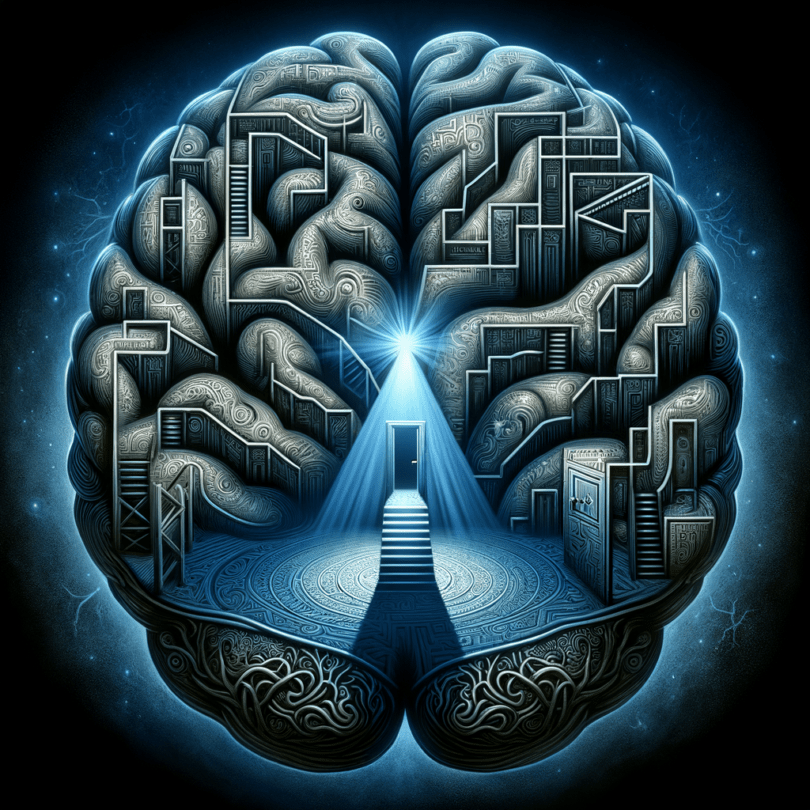The human mind and its innumerable complexities have been the subjects of fascination for centuries and still continues to captivate artists, authors, philosophers, and filmmakers alike. Among the multitude of representations, the portrayal of the mind’s intricate labyrinth in psychological dramas manifests a unique allure that continues to grip audiences worldwide. This genre explores the depths of human emotion, the struggle between reality and illusion, and the uncharted territories of mental health.
Psychological dramas often associate with a sense merging suspense, mystery, and a deep understanding of the human psyche. The audience is caught into the characters’ minds, feeling their struggles, conflicts, and satisfaction as they navigate through their intricately woven stories. This introspective journey through the characters’ consciousness creates a captivating narrative that often blurs the line between imagination and reality, making it one of the riveting genres to explore.
Alfred Hitchcock, known as the “Master of Suspense,” was one of the pioneers of the genre. His skills in manipulating the audience’s perception and creating tension out of the psychological complexities of his characters set the groundwork for modern psychological dramas. Films such as “Vertigo” and “Psycho” delve into issues like identity crisis, paranoia, obsession, and mental distress, triggering powerful emotional responses from the audience. Hitchcock’s narrative style amplifies the suspense, enabling the audience to foretaste the impending doom yet feel powerless to prevent it.
The acclaimed television series “Breaking Bad” is another testament to the genre’s intensifying appeal. Fans worldwide were sucked into Walter White’s transformation from a benign chemistry teacher into a ruthless methamphetamine manufacturing drug dealer. The series exemplifies how the character’s underlying psychological issues can lead to drastic life changes, giving the audience a front-row seat into their transformational journey.
Furthermore, the emergence of selective reality and illusion in Christopher Nolan’s “Inception” pulls the audience into a maze, where they are left to distinguish between dream and reality. This mind-bending exploration keeps audiences on the edge of their seats, questioning the very perception of existence.
With the progression of storytelling techniques and the advent of newer technologies, the cinematic representation of psychological struggles has seen substantial evolution and depth. This genre now offers an in-depth exploration of mental health issues like never before. Series like “You” and “The Haunting of Hill House” highlight various facets of mental health, from the impact of trauma to the destructive patterns of obsessive love.
As we enjoy these psychological dramas, it’s important to remember the value they bring to important conversations around mental health. They aim to destigmatize mental health by sparking discourse and raising awareness about psychological disorders. The drama and thrill captivate us, yes – but more vital is the empathy that it subtly instills in us.
In conclusion, psychological dramas are akin to a captivating labyrinth that leads us towards the core of human nature. As we navigate through the intricate twists and turns, we learn about ourselves, humanity, and the multifaceted landscapes of the mind. Whether it be through the lens of Alfred Hitchcock, the narrative of “Breaking Bad”, or the haunting tales of “The Haunting of Hill House”, the genre continues to offer a profound exploration into the human psyche. And as audiences, we continue this journey – one psychological drama at a time.

